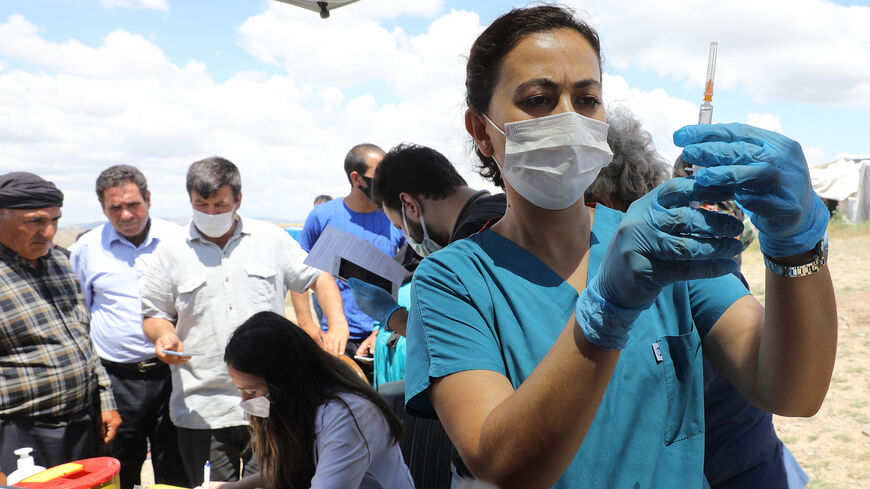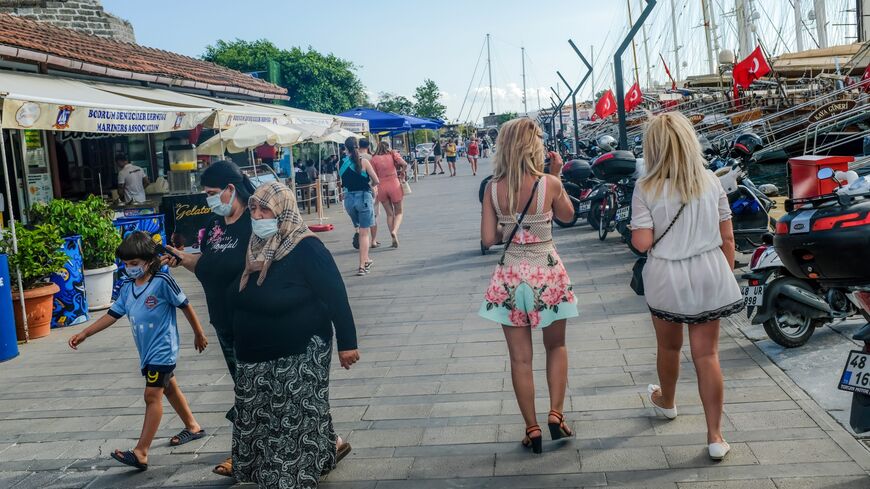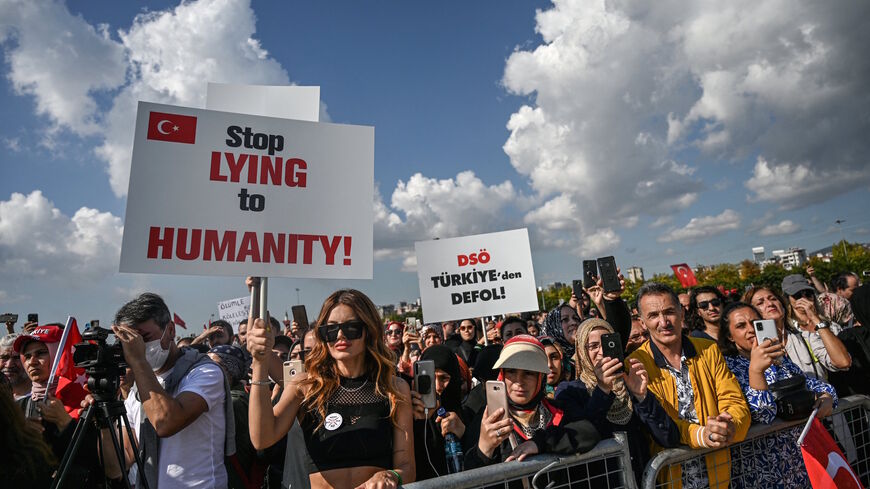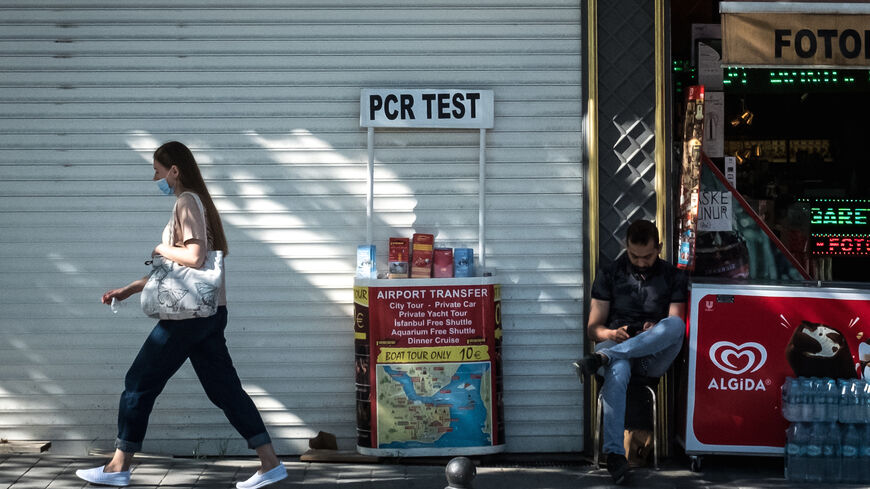Turkey drops mask rules as it heads for normality ahead of tourist season
Turkish Health Minister Fahrettin Koca announces a return to normal life after two years of COVID-19 measures, but medical association warns it may be too early.
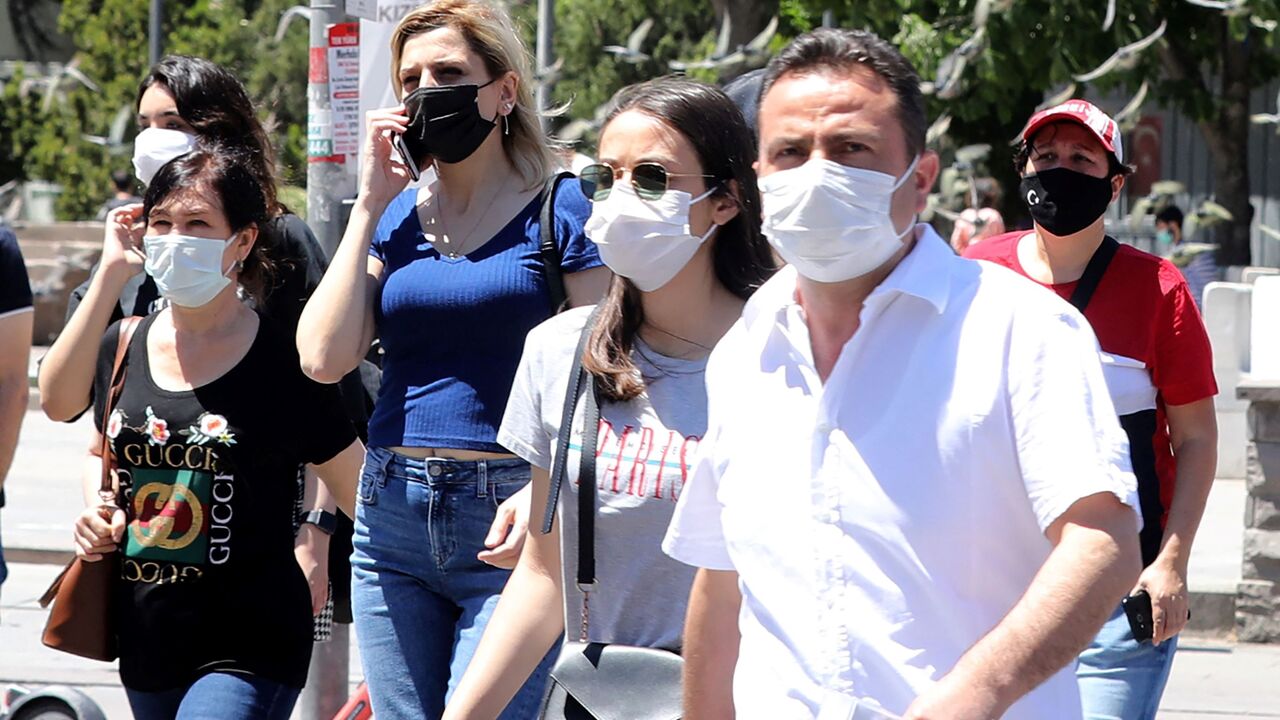
Turkey, which has suffered roughly 95,000 deaths due to COVID-19 since March 2019, announced Wednesday it was dropping mask requirements outdoors and in “well-ventilated” indoor areas.
The move indicates that Turkey is moving toward normalization before the critical spring-summer tourism season, though tourism managers worry that the Russian invasion of Ukraine will deliver a new blow, as both countries are on Turkey’s top-ten tourists list.



